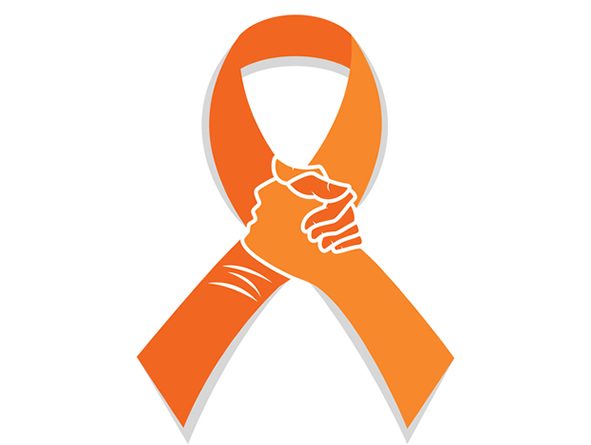Help to Prevent Suicide – a Growing Epidemic
Help to Prevent Suicide – a Growing Epidemic
by Alan M. Solomon, Ph.D.
Recent headlines on suicide have been alarming. Heightened by celebrity suicides, such as Anthony Bourdain and Kate Spade, the Center for Disease Control, noted a 25% increase in suicides in the last 20 years or so, 30% in some states (www.cnn.com/2018/06/07/health/suicide-report/cdc). While much of this is related to the increase in opiate addiction, with white men over 45 being the most vulnerable, there are also issues of adolescent and youth risks, as well as the LGBTQ community.
To counteract a common misperception among the public, there has been much discussion about asking directly if someone is having suicidal thoughts. This does not increase the risk, as many people tend to think, perhaps out of our discomfort with directly discussing such emotionally powerful experiences. It often creates some relief for the individual who is so desperately depressed: someone cares enough about them to actually ask and begin a conversation. Asking about suicide actually reduces the risk, as found by one major review of 18 studies from 2000 to 2017. This is more true to some extent for adolescents (http://bit.ly/KenPopeAskingResearchParticipantsReSuicideMetaAnalysis).
A major part of such severe depression is feeling deeply alone and not cared about. In that aloneness, people get trapped into a cycle of helplessness, hopelessness, and unremitting emotional pain. In such a cycle, suicide actually appears to be a relief and escape from the interminable pain.
Mental health intervention does help. It can save lives and help individuals begin to construct another life for themselves.
Research shows this, as does clinical experience. Our members of the Independent Psychotherapy Network, www.therapyinla.com , are committed to and experienced with helping individuals who struggle with suicidal thoughts and feelings, as well as their loved ones. If we can’t be of immediate help, we will certainly help the individual get connected to help as quickly as possible.
A national hotline: 800 272-8255. In Los Angeles County, dial 211 for bilingual help.
Alan M. Solomon, Ph.D. is a clinical psychologist in private practice in Torrance, CA. A member of the Independent Psychotherapy Network, he can be reached at 310 539-2772 or dralanms@gmail.com
Copyright 2018 by Alan M. Solomon, Ph.D.

